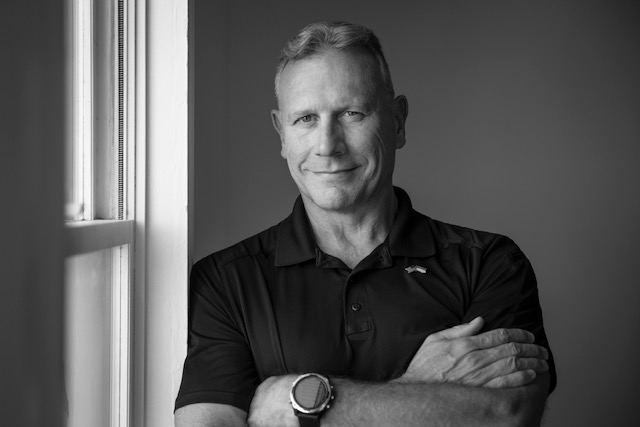We’ve got some of the most incredible artists, creatives and entrepreneurs in our community and we are constantly shocked by how prevalent imposter syndrome is. So many incredibly talented folks are haunted by self-doubt by a society that often tells you not to think too highly of yourself, but in order to have the strength to take on big challenges and make meaningful change in the world you’ve got to believe in yourself and so we wanted to create a space for conversations around overcoming imposter syndrome.
Lily Buonocore
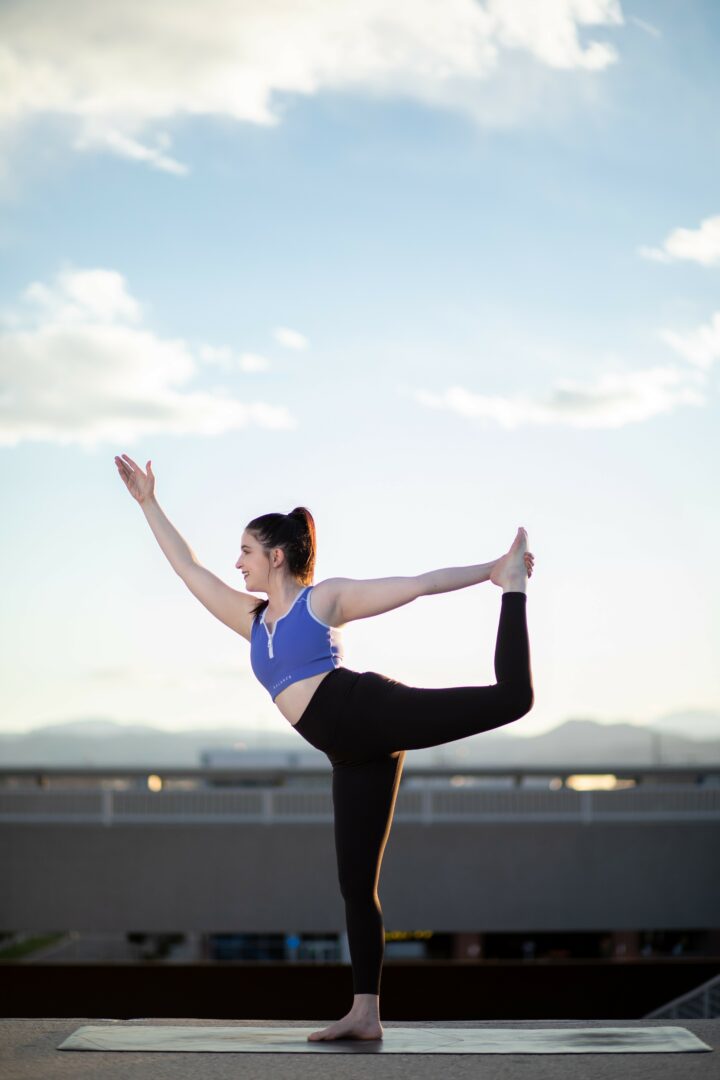
Imposter syndrome is a familiar feeling for many of us. I remember experiencing it most intensely when I began singing at weddings and then again when I started teaching yoga. Two very different roles, yet both have a profound impact on the client or student experience. Read More>>
Khalisa Rae
I don’t think I’ve overcome imposter syndrome—honestly, it’s a daily practice to disarm it. To recognize when it shows up, call it by name, and choose not to let it take the lead. It tends to creep in when I’m leveling up—stepping into unfamiliar rooms, speaking on big stages, or being the only Black woman at the table. There were times when I felt like I had to shrink just to be accepted. Now, I know better. My story, my voice, my lens—they are my superpowers. Read More>>
Emma Hopgood
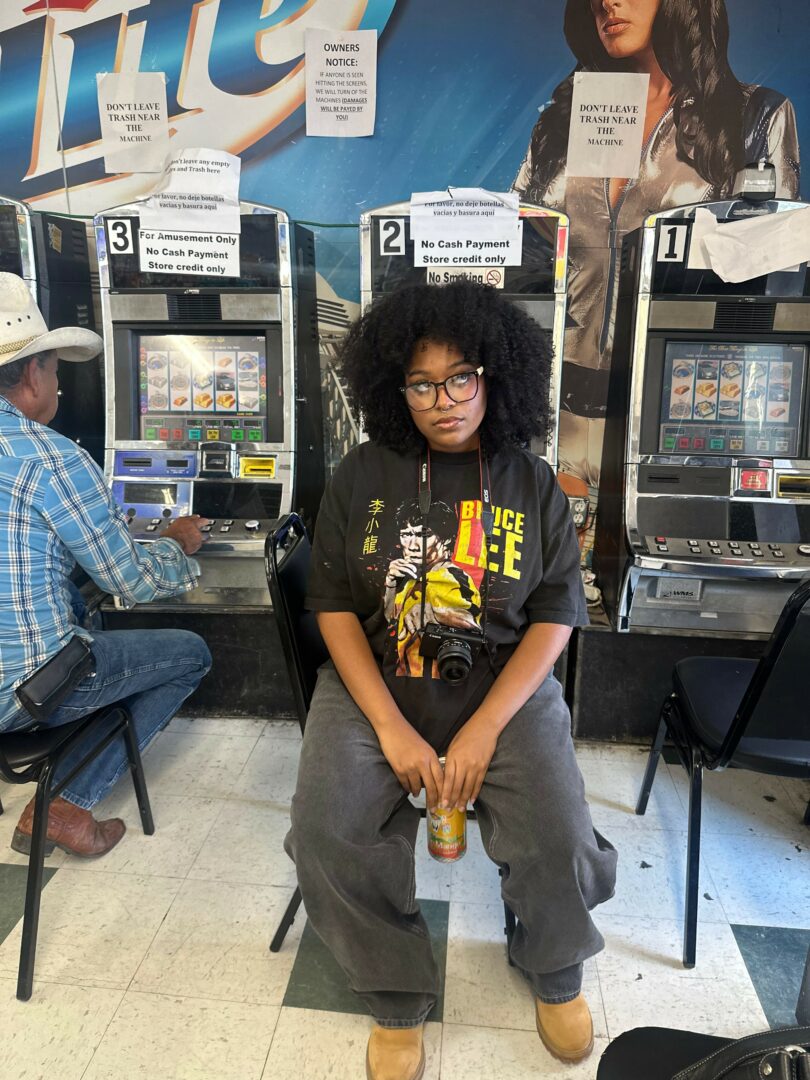
To be quite honest I still struggle with this from time to time. It’s still so hard for me to believe that I’ve made so much growth in my photography. But I’d say the biggest thing that helped me overcome imposter syndrome is my faith in God. I remember in February i was at the lowest point in my self esteem and confidence. I felt like I would never succeed with my photography and be a failure. But I swear to you I wrote down those very same feelings in my journal, prayed about it and God said “bet”. Read More>>
Brandon Powell
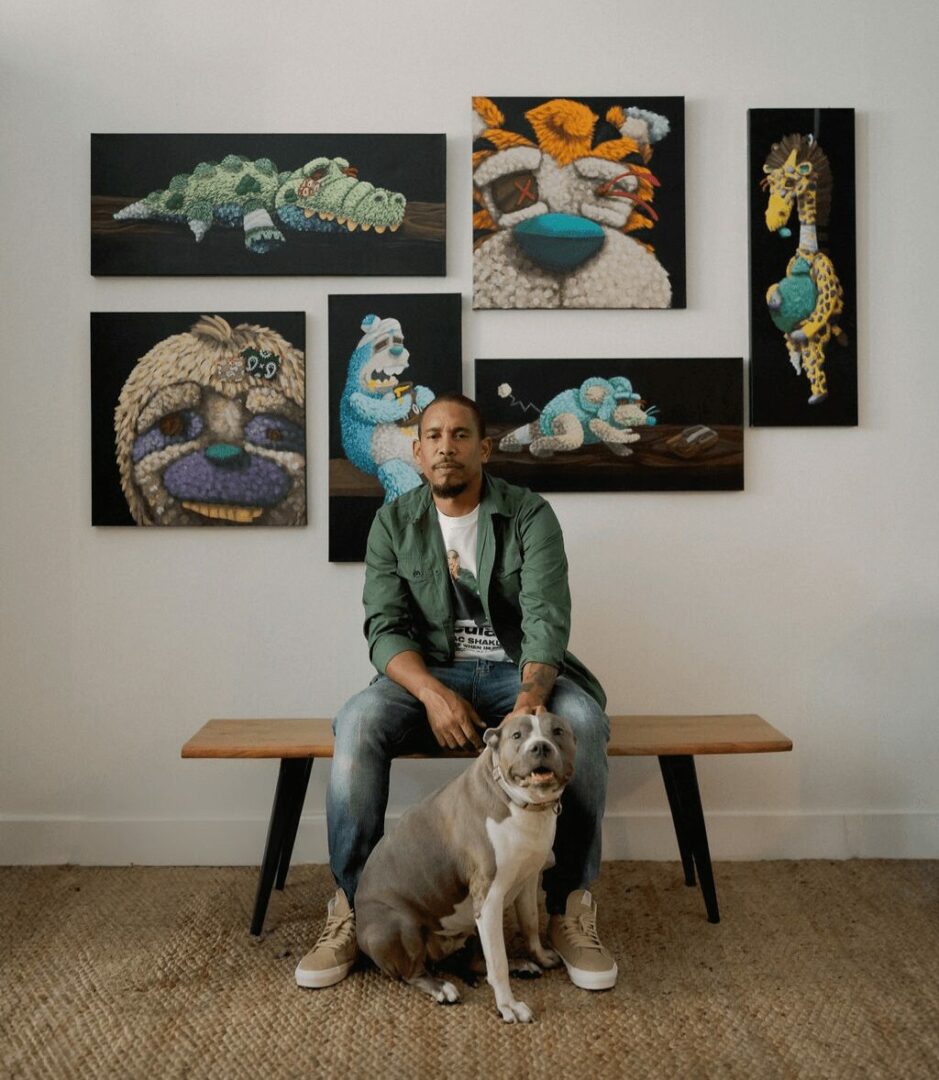
From my corporate career to my art career, imposter syndrome is something that has chased me much of my professional life. I have been the first to do something in situations, or the only person that looks like me in multiple situations throughout my career. Not having that blueprint or example to follow makes it very easy to feel imposter syndrome. In my past corporate life, setting up brand marketing strategies, systems, and departments for companies where very few, if any, people look like me left a lot of room for imposter syndrome. Likewise, the speed at which my art career is progressing is leaving me with that familiar feeling. Read More>>
Dj Bivins II
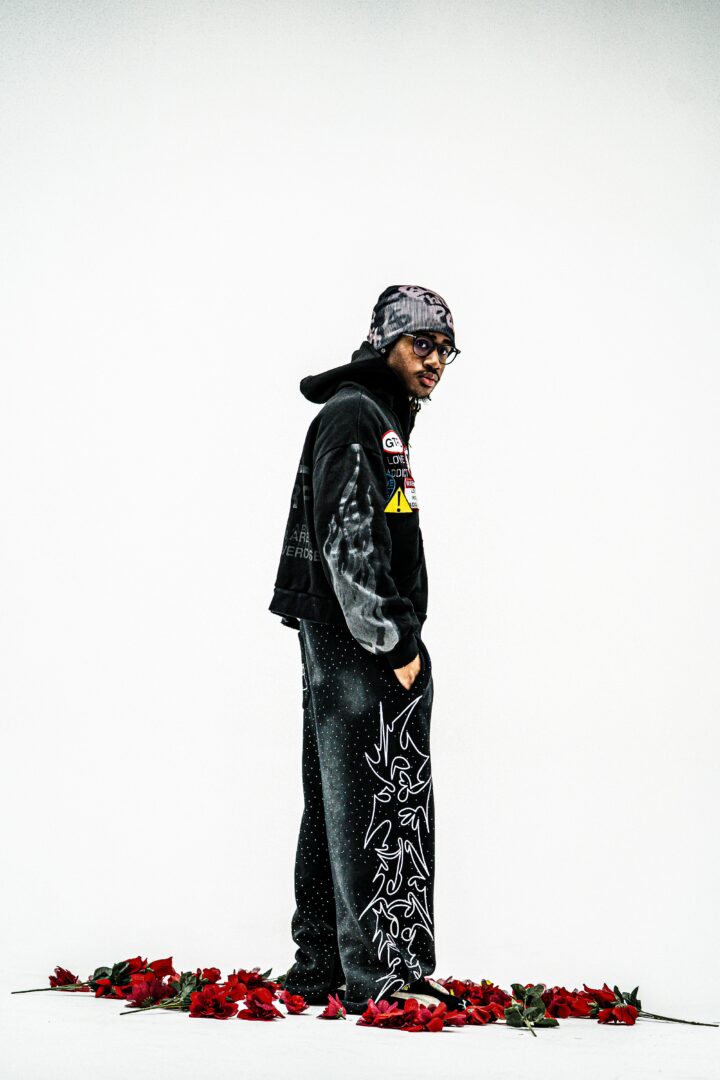
Imposter syndrome is something I still have not fully conquered yet, but day by day I come to realize that I’ve built a pretty big platform. Once I took a step back from everyone and saw what they were doing, I then saw the difference in myself compared to others. Read More>>
Perrin Tan
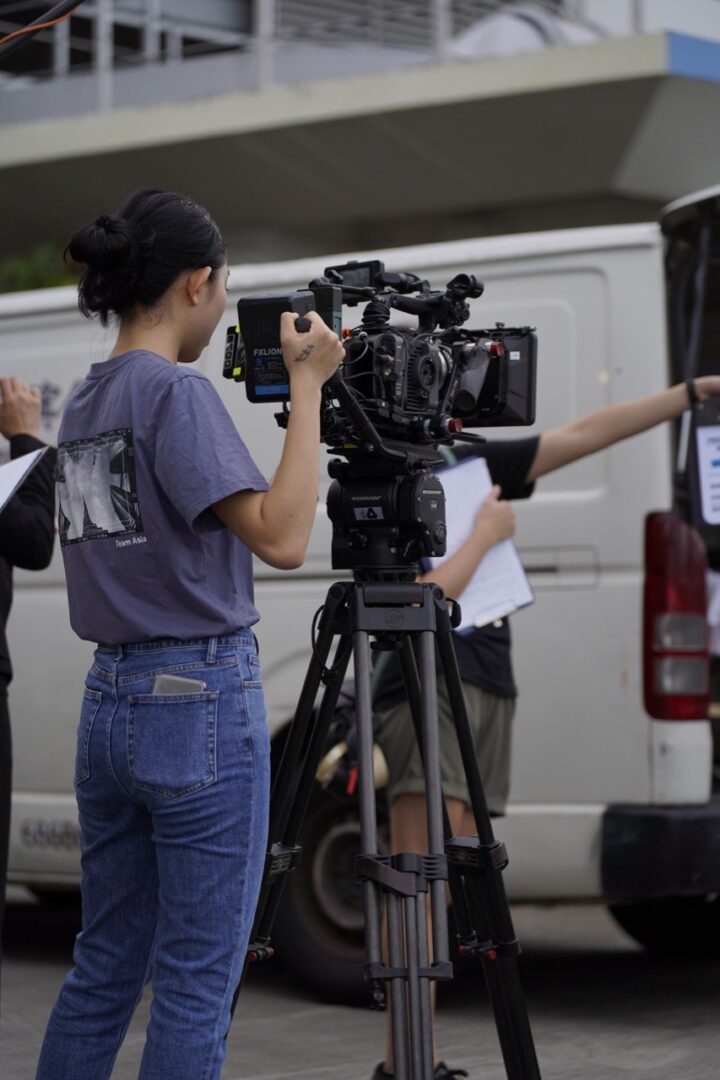
By talking to myself kindly and wisely. Do not be intimidated by “more important people” because when the illusion is away, we’re all just equals working towards the same goal. You gotta believe that what you have to offer on the table is enough, and to deliver your best because you were chosen to be responsible for it. Read More>>
Kasandra
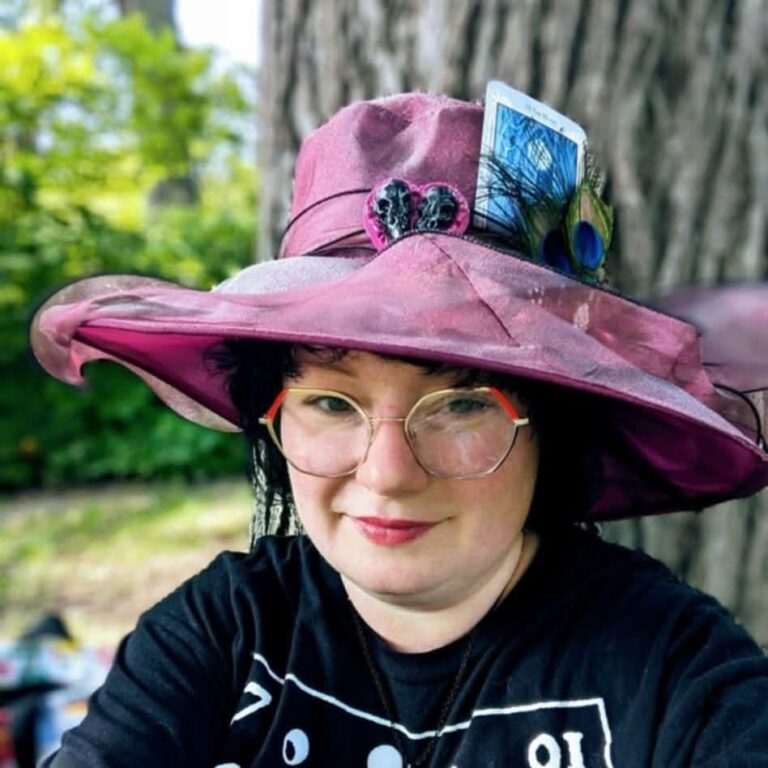
I have had to overcome feelings on inadequacy as a Registered Nurse and as a professional Tarot reader.
Nursing was my third career. Before then, I was a Clinical Laboratory Scientist (also referred to as a Medical Laboratory Technician), a Navy Corpsman, and an undesignated airman for the F/A-18 Hornet during my time in the U S. Navy where I collaborated with others to launch, recover, oil, fuel, and inspect the plane to prepare it for flight operations for our pilots (this was pretty cool to be doing at 19 years old!). I found transitioning to nursing to be the hardest. Read More>>
Anthony Hicks
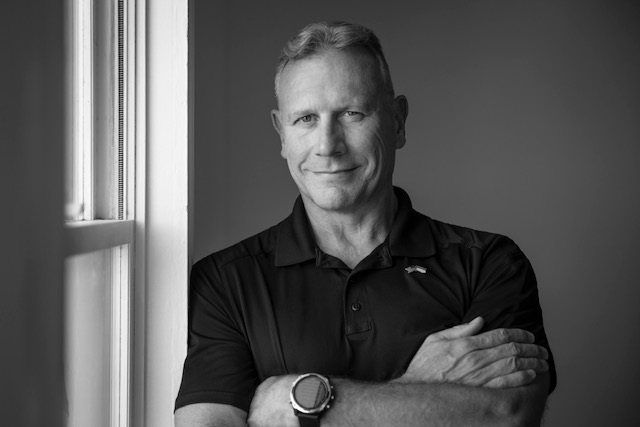
Well, this is a very real thing despite education and experience. I endeavor to work on improving my knowledge, skills, and abilities continuously. I also have many years of experience as well as education and appropriate certifications for the tasks that I conduct. Still, I have to remind myself about these facts from time to time. Read More>>
Cortina Lockhart
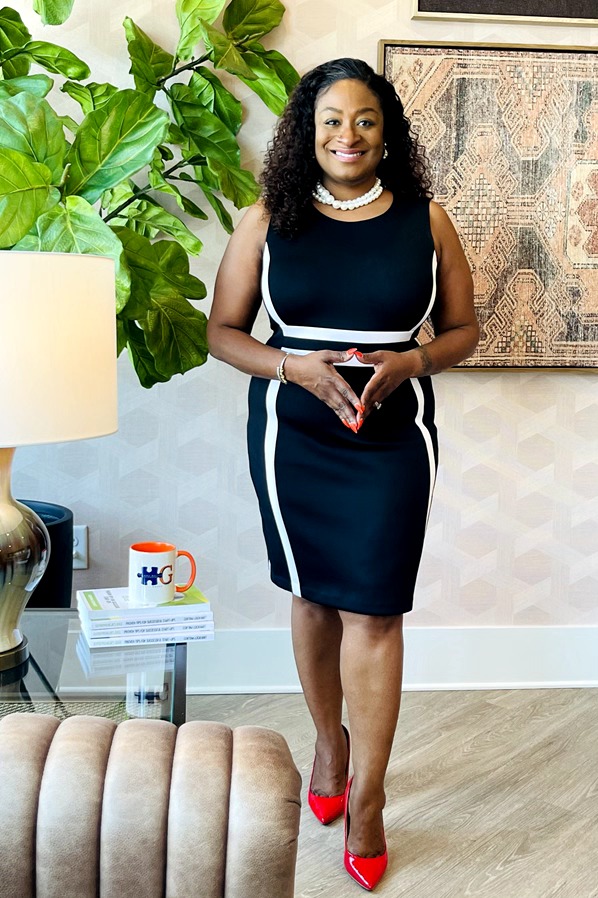
There were moments, even with over 20 years of experience, when I questioned whether I was “qualified enough” to take up space as a business owner, compliance advisor, and tax strategist. I knew the work. I helped people launch businesses, get back in compliance, file complicated returns, and navigate the things most entrepreneurs avoid. Still, there was this voice that said, “You’re not a CPA” or “Who are you to teach this?” Read More>>
SKYLAN
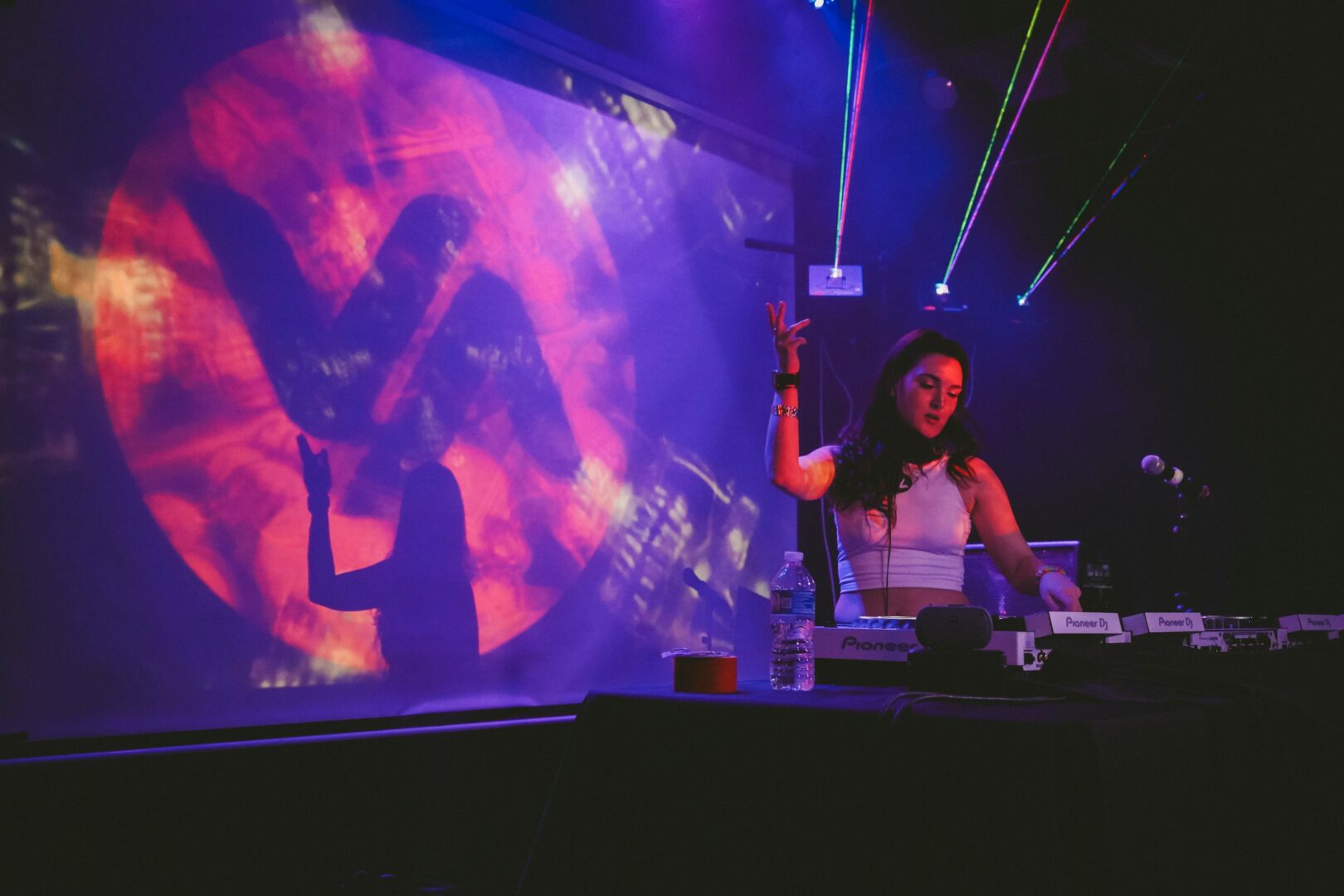
I definitely struggle with imposter syndrome, being in an industry where I’m constantly surrounded by talented, experienced people and seeing everyone’s wins on social media, it’s hard not to compare myself. But I’ve learned that everyone goes through this, even the artists I look up to.
What helps me is consistently reminding myself why I started in the first place: because I love making music, I love music itself, and I love creating moments that make people feel something or even forget something for a while. Read More>>
Jaclyn Liberator
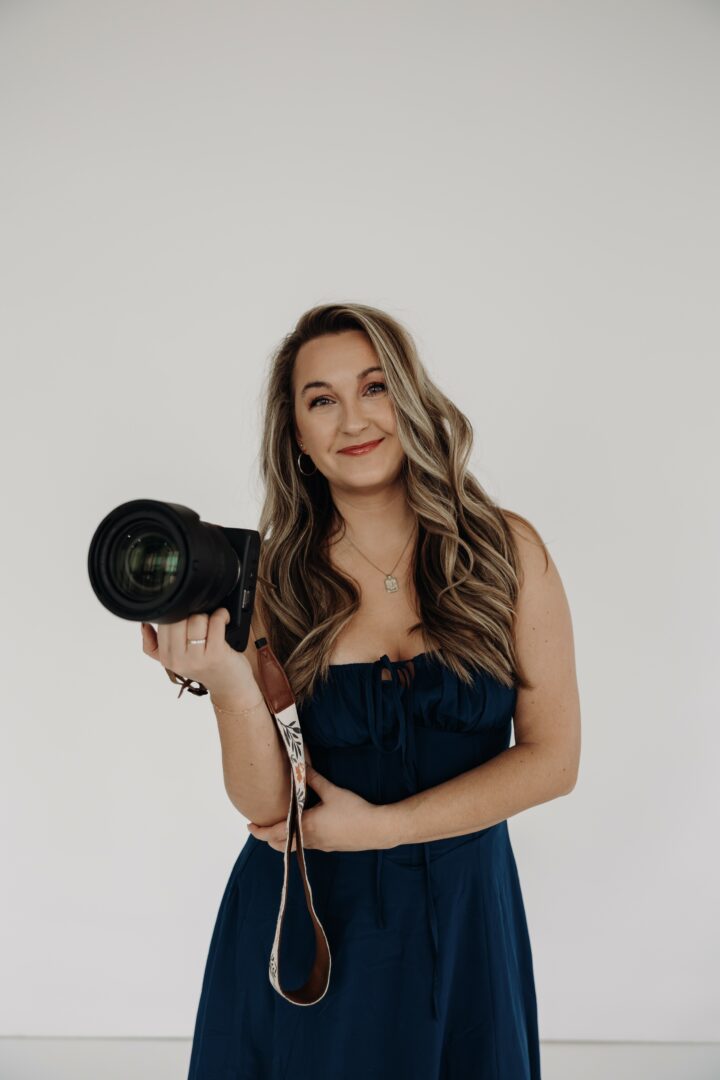
I don’t think you ever truly get over imposter syndrome. There is always someone out there that you compare yourself too and therefore devalue your own self worth. I think you grow stronger and more confident in yourself as you learn more with your skills. I swear I learn something new constantly. With that I’ve started to flip my brain into thinking “Wow, look at what I just learned and now can utilize moving forward” instead of “Ugh, I can’t believe I didn’t know this. I should have known how to do this.” Read More>>
Thomas (Tom) M. Wing
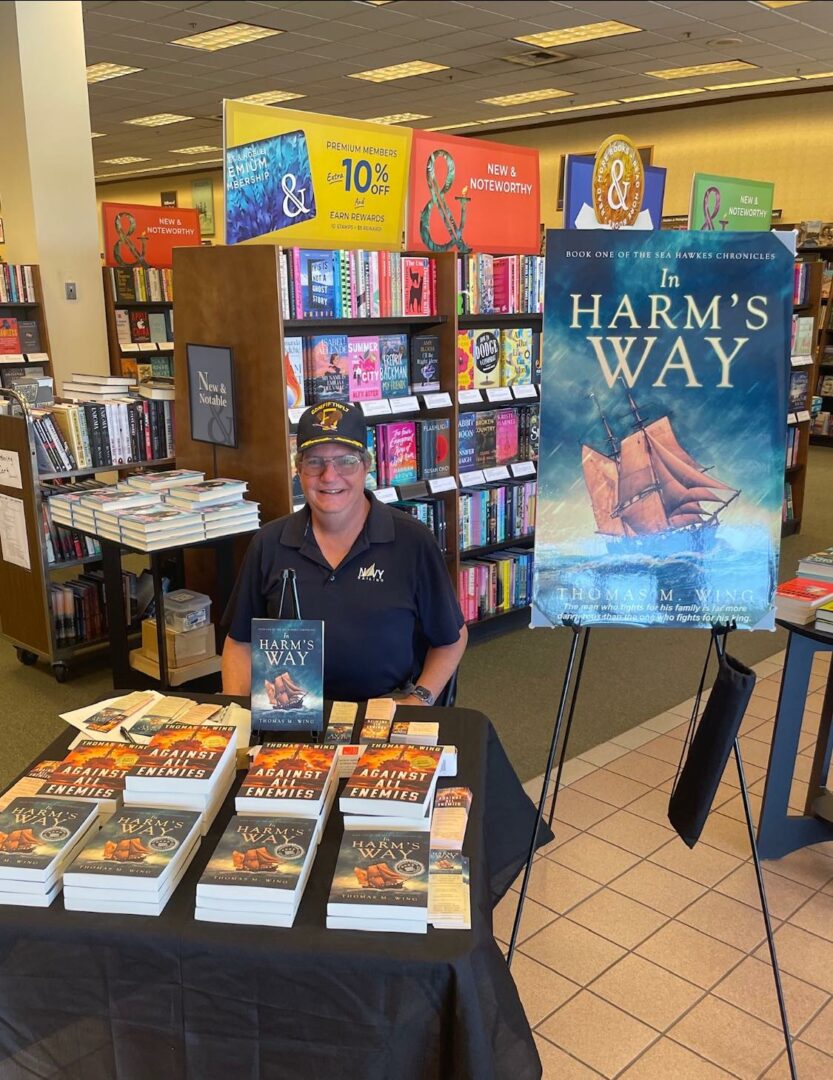
If I’m honest, I’m still working on this one.
However, there are tactics and techniques that have helped me a great deal.
First, one must acknowledge that there is a difference between imposter syndrome, and legitimate realization that you still have much to learn. The latter is overcome by a willingness to take workshops, classes, and solicit feedback from trustworthy sources. The latter is nurtured by folks who provide feedback gently and constructively. Read More>>
Gia Calhoun
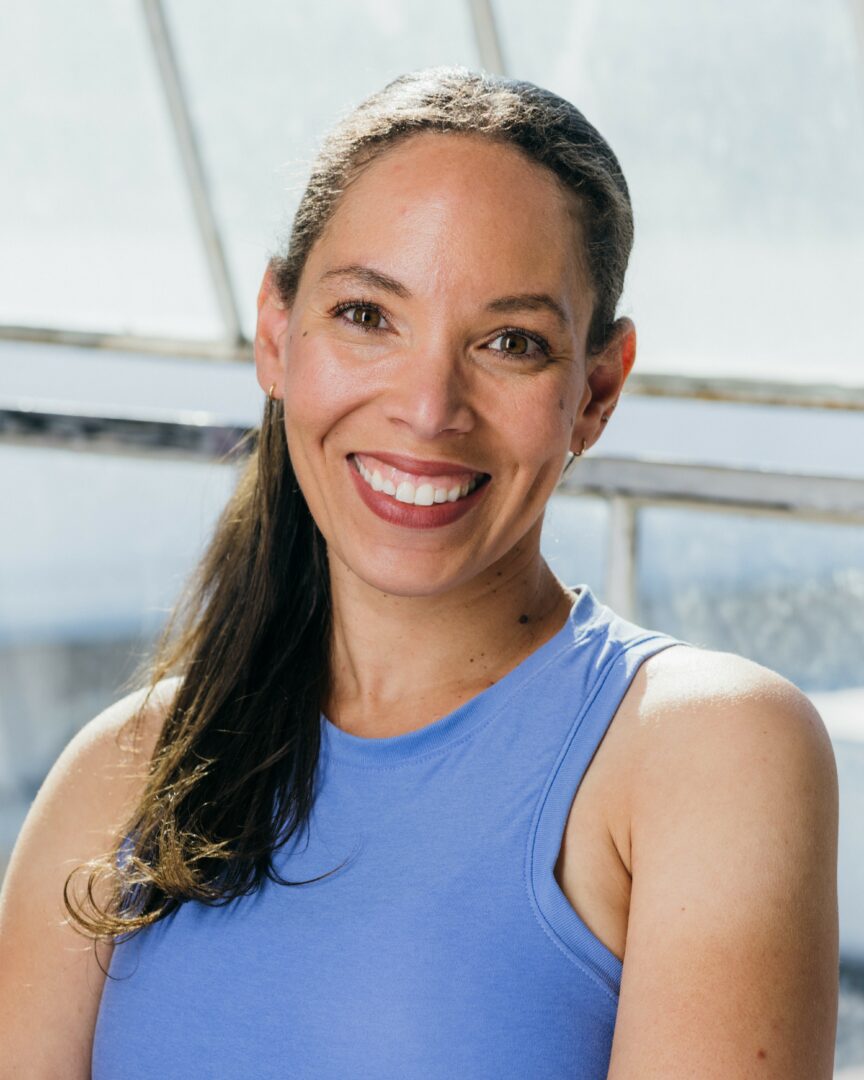
I overcame imposter syndrome by leaning on the support and wisdom of peers and mentors who had much more experience than I did. I was given the opportunity to teach Pilates on one of the most respected platforms in the industry, and while it was an incredible honor, I initially felt like I didn’t belong. Many of the teachers featured were world-renowned, with decades of experience, and I questioned what I had to offer. I worried that members wouldn’t connect with me because I wasn’t a well-known name. Read More>>
Lucia Lopez
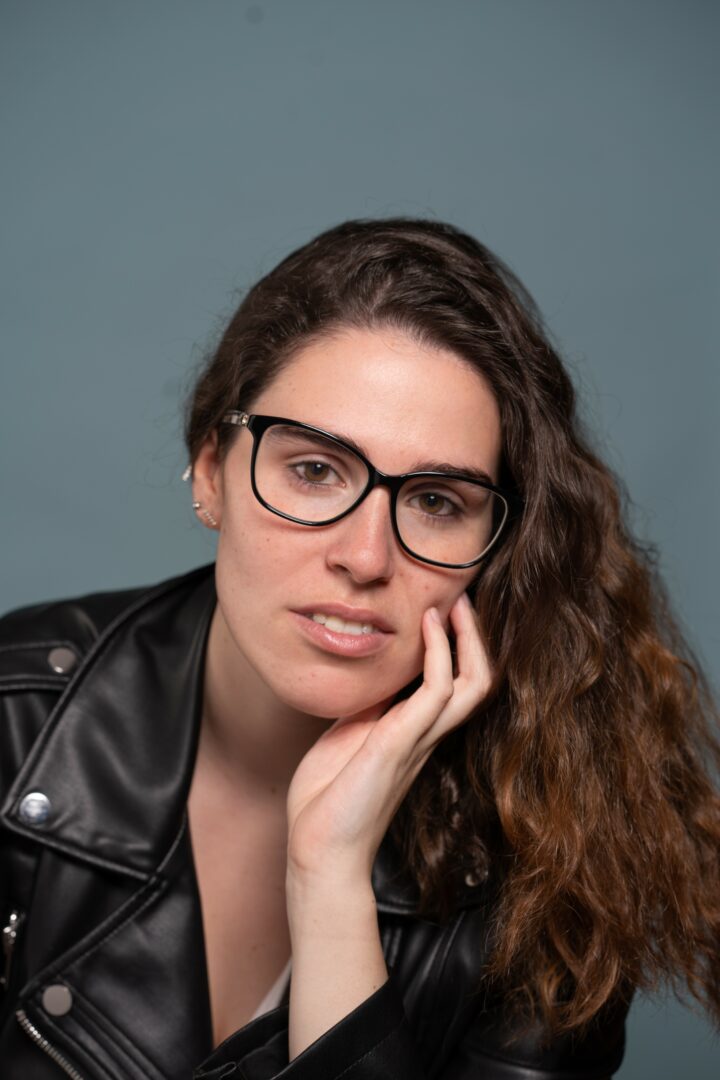
This is a great question. I don´t think I ever overcame Imposter Syndrome, but I have definitely learned how to identify that is what is happening in my head and it has nothing to do with my capabilities.
In an industry with so many professional , in which nothing is done in a certain way and your imagination and creativity is so what counts, I think doubting yourself and if you are doing it right or if you have the worth and capacity to be the one in the position you are in, is something that happens more often that we think. Read More>>
Stephen Payne

At the age of 60, I bought a boat. I didn’t just buy the boat for my amusement, the boat became my home overnight. What I knew about boating could be written on a small postage stamp. But I watched a few videos, read a few webpage things and spoke to people, and as I gained confidence, I took my new boat out onto The River Thames. Read More>>
Whitney Forbes
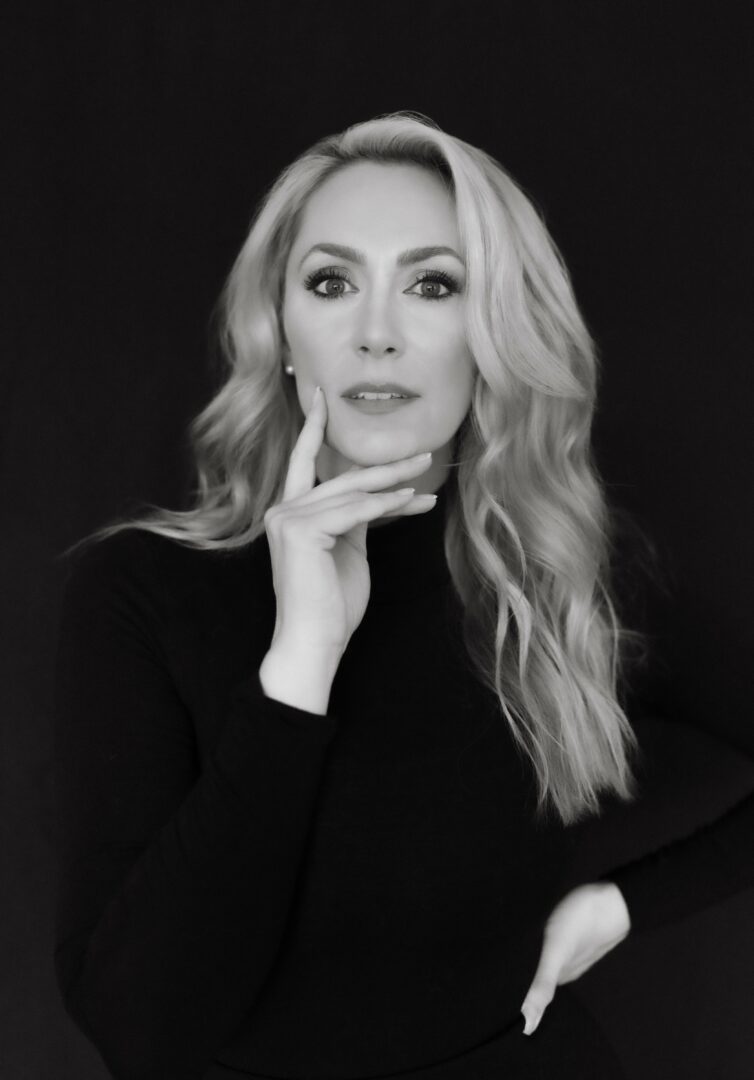
As regards, imposter syndrome, I feel like this is a common thread among creatives and artists. In general, a very human quality at its core.
It is more common than ever to have a sense of imposter syndrome with the massive exposure to social media and minute to minute updates on what’s going on in the world and with other people‘s lives. Read More>>
Sora Penfold
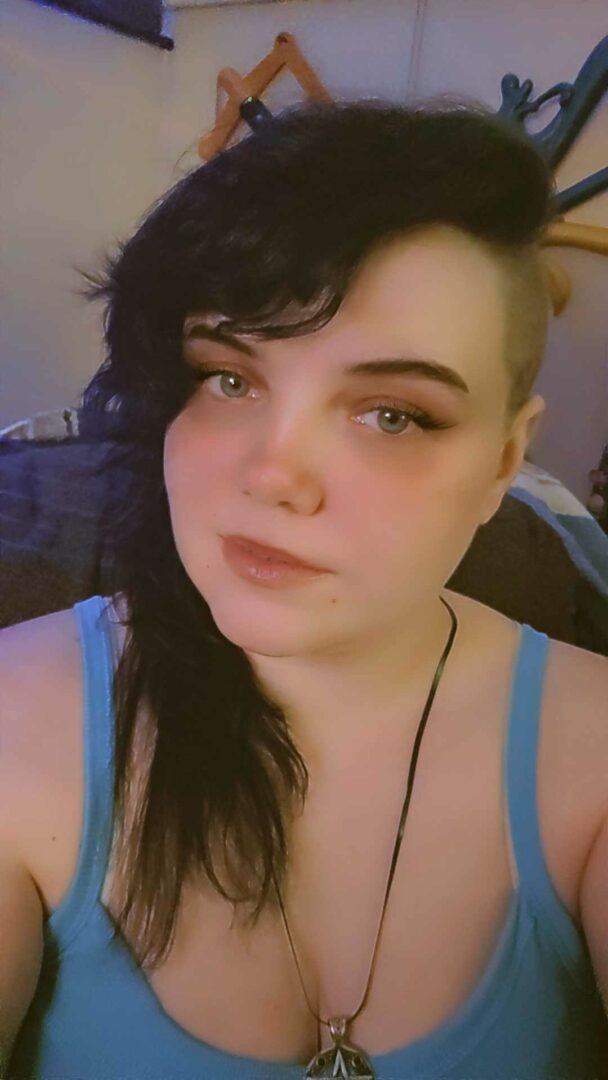
Overcoming imposter syndrome has been a journey, not a single moment — and honestly, I still have days where I hear that voice in my head telling me I’m not enough. But what’s helped me the most is remembering where I came from, and who I’m doing this for. My mom always believed in me, even when I didn’t believe in myself. She saw something in me before I ever had the confidence to chase it — her love and support gave me the foundation to keep going, even on the tough days. Read More>>
Alexys Skolnik
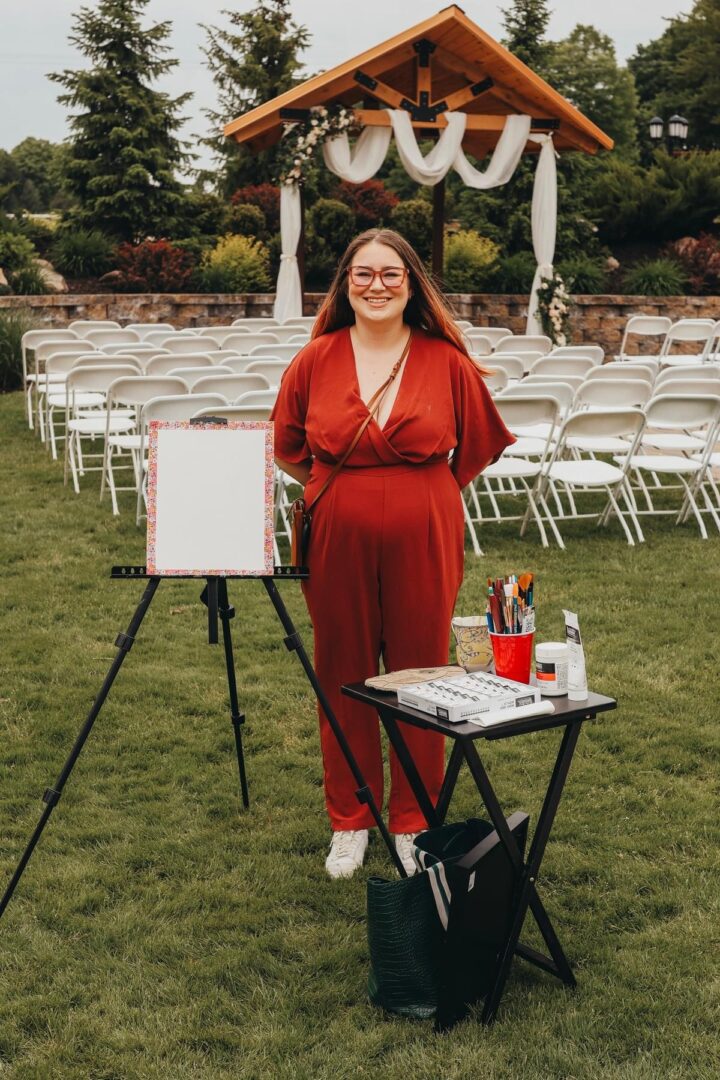
In the art industry, your work is always being critiqued. Although, I believe my biggest critique has always been myself. I think this plays a role in my artwork and business today. As a live artist, I can work quickly and pass it on to the muse. If I sit with a piece too long, I will overthink and start judging my work. That kind of mindset can have me questioning whether my work is good enough and comparing it to the next persons. Read More>>
Emily R. Bellas
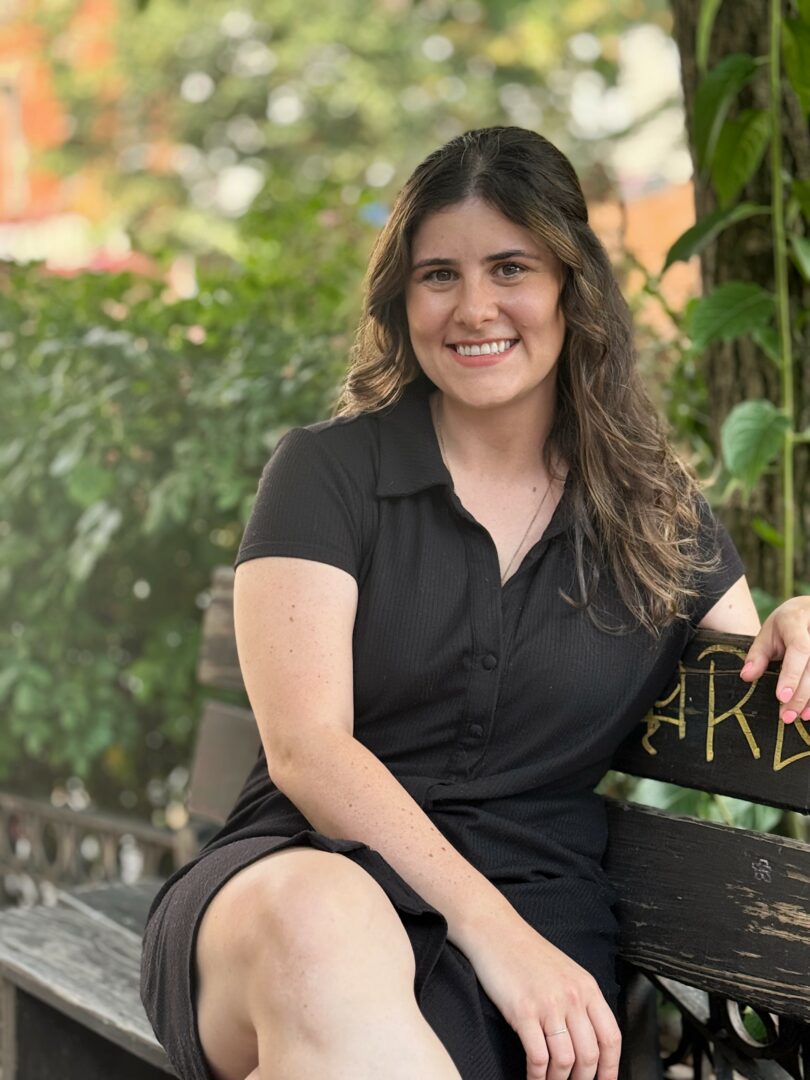
I can’t, in good conscience, say that I have overcome imposter syndrome. Truthfully, the feeling changes day to day. One minute, I’m on top of my game, feeling like the writing world is mine to take on. The next minute, I read a bad review of one of my books, and it makes it want to give up on writing altogether. Since I didn’t go to school for creative writing, sometimes it makes me feel like I am an imposter. Who am I to just write novels with no formal training or experience? Read More>>
Jeminta Wangkietkajon

Unlike many other filmmakers who have found their passion at such a young age. I found my passion for film and filmmaking quite later in my teenage years, during my last 2 years of highschool after focusing on STEM subjects my whole life. My journey in film started when I was 16 now I am 19 turning 20, choosing to be in an art school and seeing insanely talented people have definitely created doubts which I have to overcome. Read More>>
Morgane Williams
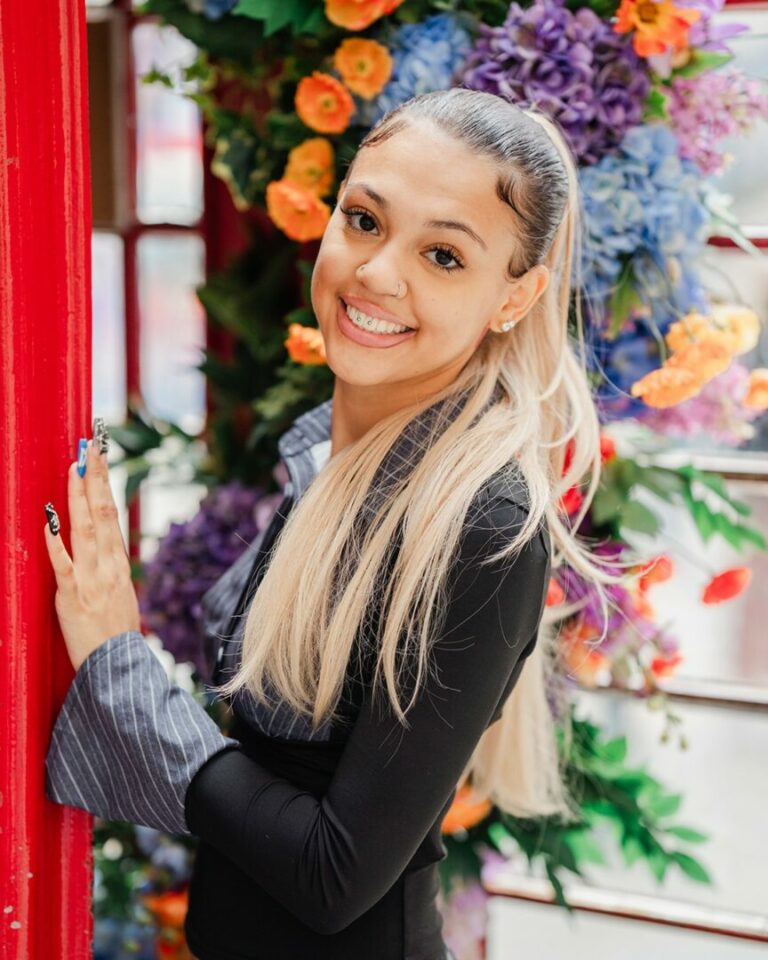
One thing I’ve realised about imposter syndrome is this: whatever you’re scared of, the win on the other side is always so much bigger.
I remember my very first content video, I filmed it in my kitchen because I didn’t have a cool design space. That alone made me second-guess recording, but you’ve got to start somewhere, right? I was very shy, and I cringed so hard before posting. To my surprise, that video did better than I expected. That small win gave me the confidence to start showing my face more, which helped grow my client base and increased interaction. Read More>>
Heather

For me, imposter syndrome didn’t arrive loudly — it crept in quietly, through a series of moments where I questioned whether I had the right to build something in an industry I didn’t formally come from.
My background is in science — I hold a Master’s in biology and once had a clear path toward medicine. I was also a professional athlete, competing in collegiate tennis, where discipline, grit, and structure shaped much of my early years. So stepping into the world of fashion — particularly luxury — initially felt like entering a space where I had no credentials. Read More>>
Marybeth Davis

I spent most of my childhood succeeding easily at nearly everything I attempted. I scored off the charts in standardized tests, excelled in music and art, and exhibited strong leadership skills. But reality comes for us all eventually. Though I’m still an adept learner, I continuously find people who are better than me at the things I pursue. Read More>>
Ravyn Thomas
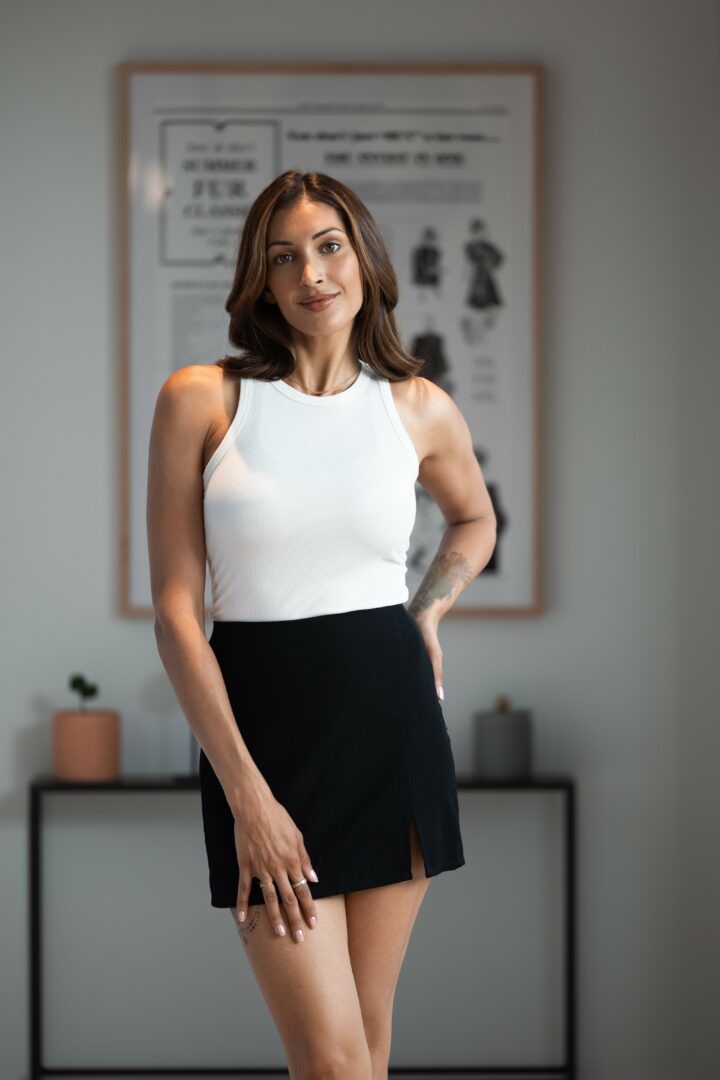
When I first started my business, the number one question I had was “Is there room for me?” I knew that this was my dream and passion and that I wanted to go all in, but that voice of doubt would always creep in whenever I thought about the success I could have. I finally decided to shift my mindset and tell myself that there is enough room for ALL of us in this industry and that the clients that are for me will easily find me. Read More>>
Celeste Sullivan
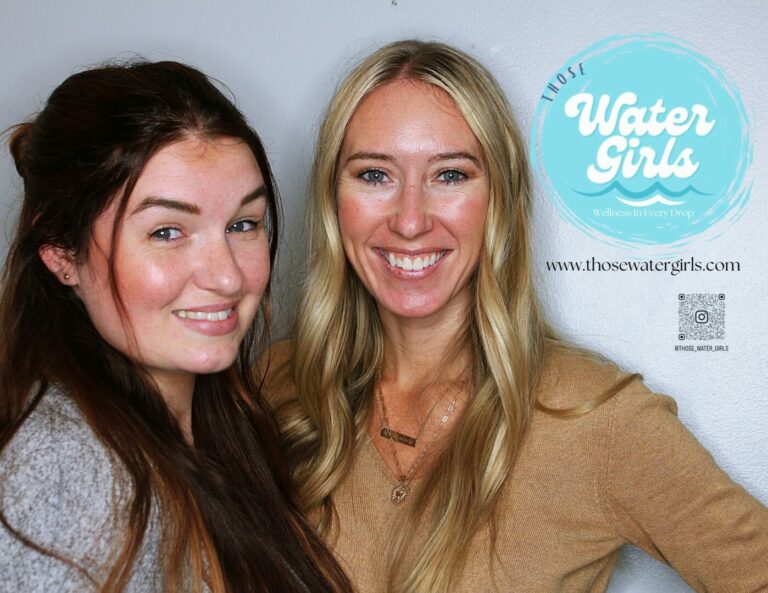
When I first started my business, I spent countless nights lying awake wondering “Who am I to do this?” I remember staring at my notes and plans thinking they sounded good on paper but questioning whether anyone would trust me enough to buy in.
That feeling of not being “qualified enough” nearly stopped me before I even got going. But one turning point for me came when I sat down and wrote out my why—the real reason I wanted to do this work. Seeing it on paper made it tangible. I realized my purpose wasn’t to be perfect or to have all the answers, but to genuinely help people improve their health and make sustainable choices. Read More>>
Michelle Boucher
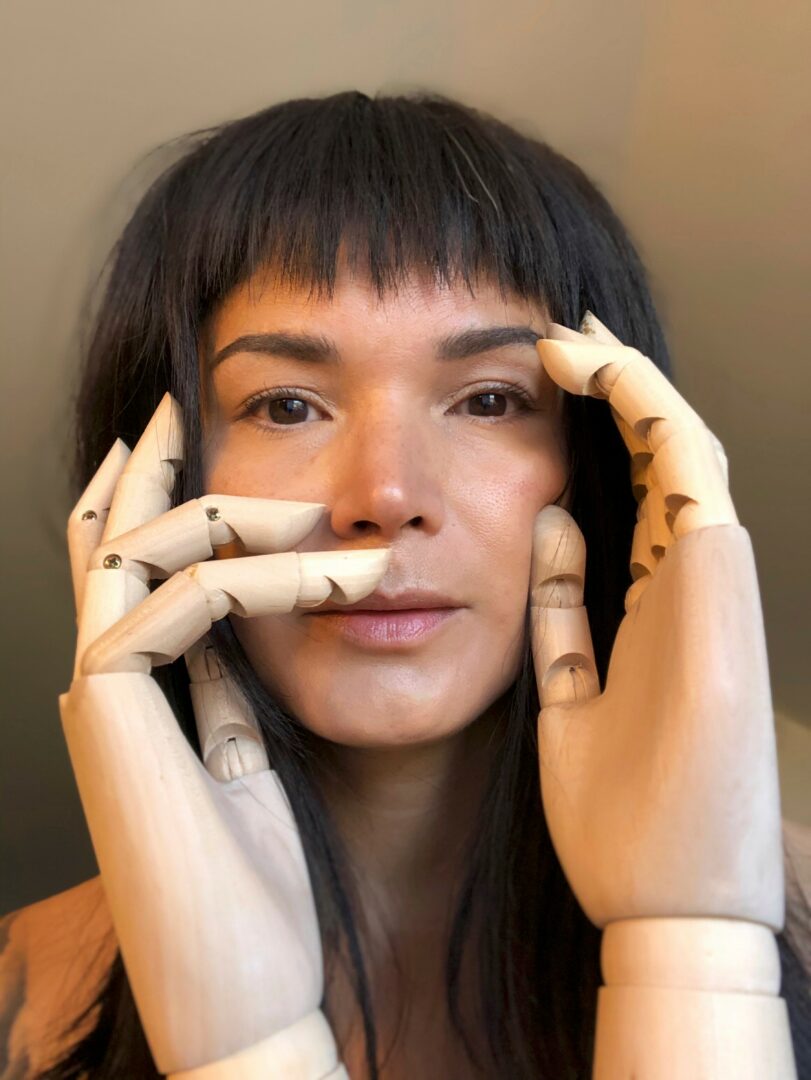
For me it’s always a work in progress. Rearing it’s head is very situational. Such as being in a new environment, doing something new, or being surrounded by people I don’t know. I’m constantly reminding myself that I am here because I deserve to be. I’m doing this thing because I am of worthy of it. It’s a personal battle that I’m determined to face. Read More>>

